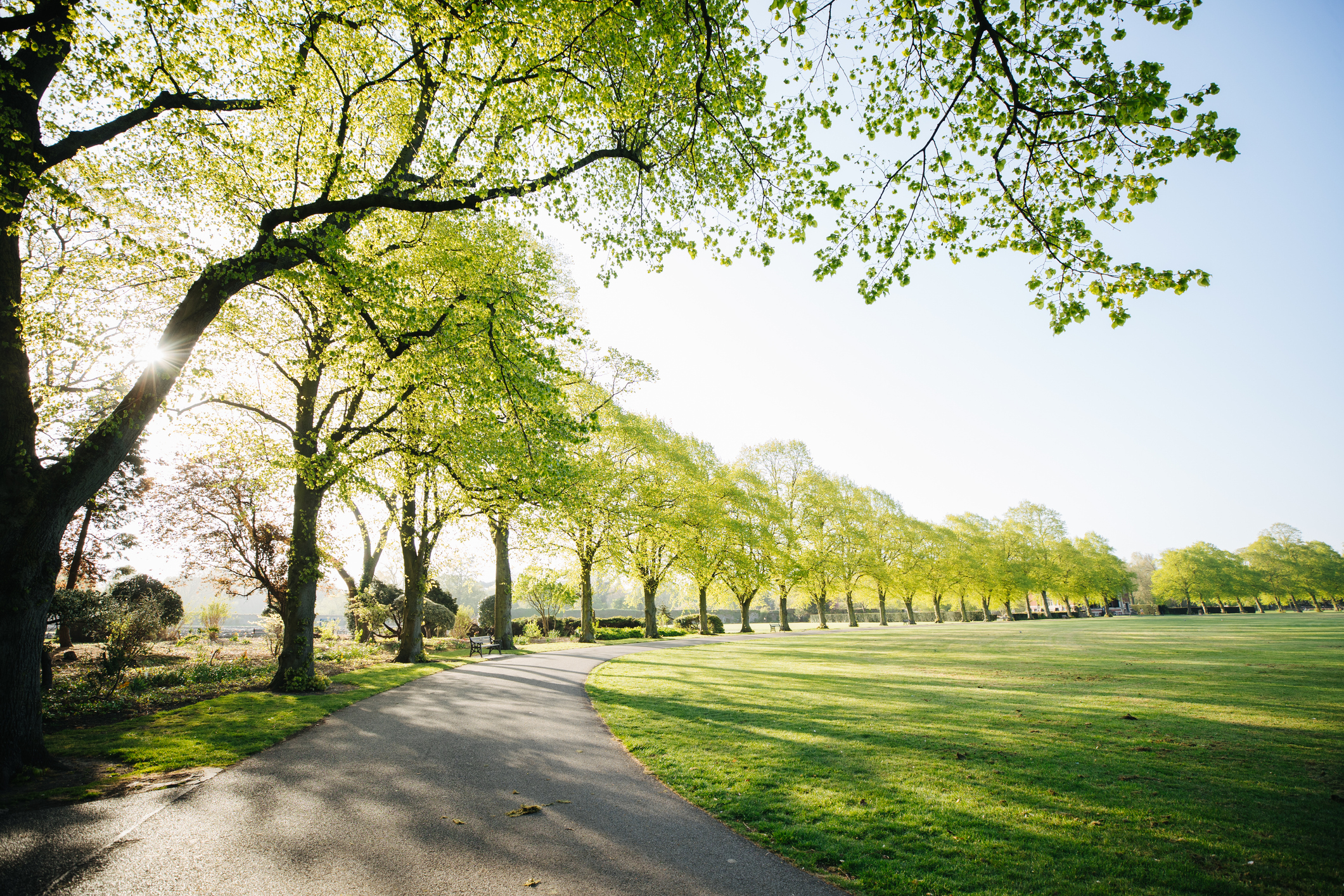Get Easy Health Digest™ in your inbox and don’t miss a thing when you subscribe today. Plus, get the free bonus report, Mother Nature’s Tips, Tricks and Remedies for Cholesterol, Blood Pressure & Blood Sugar as my way of saying welcome to the community!
The healthiest neighborhoods have these…

Researchers have presented some compelling evidence that certain urban neighborhoods may be better for your physical health — and it has nothing to do with pollution or crime statistics.
It’s actually all about the scenery… specifically, the trees.
The concept of a tree of life goes as far back as ancient Egypt where the Egyptians referred to a “tree in which life and death are enclosed.” Interestingly enough, modern research indicates they may have been onto something you may want to consider when choosing where you live.
Their analysis of a body of research showing the cognitive and psychological benefits of nature scenery included health records for over 30,000 Toronto residents, taking into account not only individual self-perceptions of health, but also heart conditions, prevalence of cancer, diabetes, mental health issues and much more.
“Controlling for income, age and education, we found a significant independent effect of trees on the street on health,” said Marc Berman, a co-author of the study and also a psychologist at the University of Chicago. “It seemed like the effect was strongest for the public [trees]. Not to say the other trees don’t have an impact, but we found stronger effects for the trees on the street.”
They found that “having 10 more trees in a city block, on average, improves health perception in ways comparable to an increase in annual personal income of $10,000 and moving to a neighborhood with $10,000 higher median income or being 7 years younger.” Berman noted that self-perception of health is admittedly subjective, but adds that it “correlates pretty strongly with the objective health measures” the study considered.
This makes a lot of sense considering that city dwellers have a higher risk for anxiety, depression and other mental illnesses than people living outside urban centers. Various studies have shown that urban dwellers with little access to green spaces have a higher incidence of psychological problems than people living near parks and that city dwellers who visit natural environments have lower levels of stress hormones immediately afterward than people who have not recently been outside. [1]
Gives a whole new meaning to curb appeal, wouldn’t you say?
[1] http://well.blogs.nytimes.com/2015/07/22/how-nature-changes-the-brain/?_r=0












